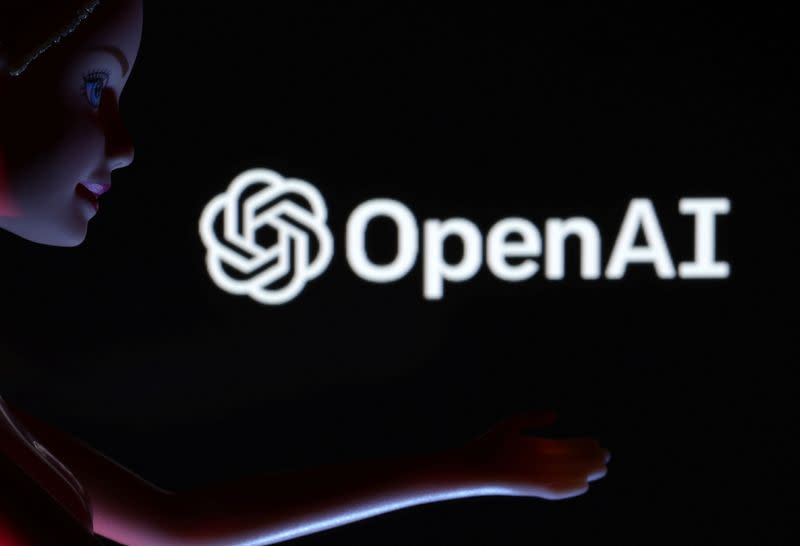More writers sue OpenAI for copyright infringement over AI training

By Blake Brittain
(Reuters) - A group of U.S. authors, including Pulitzer Prize winner Michael Chabon, has sued OpenAI in federal court in San Francisco, accusing the Microsoft-backed program of misusing their writing to train its popular artificial intelligence-powered chatbot ChatGPT.
Chabon, playwright David Henry Hwang and authors Matthew Klam, Rachel Louise Snyder and Ayelet Waldman said in their lawsuit on Friday that OpenAI copied their works without permission to teach ChatGPT to respond to human text prompts.
Chabon's representatives referred queries about the lawsuit to the writers' lawyers. Those lawyers and representatives for OpenAI did not immediately respond to requests for comment on Monday.
The lawsuit is at least the third proposed copyright-infringement class action filed by authors against Microsoft-backed OpenAI. Companies, including Microsoft, Meta Platforms and Stability AI, have also been sued by copyright owners over the use of their work in AI training.
OpenAI and other companies have argued that AI training makes fair use of copyrighted material scraped from the internet.
ChatGPT became the fastest-growing consumer application in history earlier this year, reaching 100 million monthly active users in January, before being supplanted by Meta's Threads app.
The new San Francisco lawsuit said that works like books, plays and articles are particularly valuable for ChatGPT's training as the "best examples of high-quality, long form writing."
The authors alleged that their writing was included in ChatGPT's training dataset without their permission, arguing that the system can accurately summarize their works and generate text that mimics their styles.
The lawsuit requested an unspecified amount of money damages and an order blocking OpenAI's "unlawful and unfair business practices."
(Reporting by Blake Brittain in Washington; Editing by David Bario and Aurora Ellis)

 Yahoo Finance
Yahoo Finance 